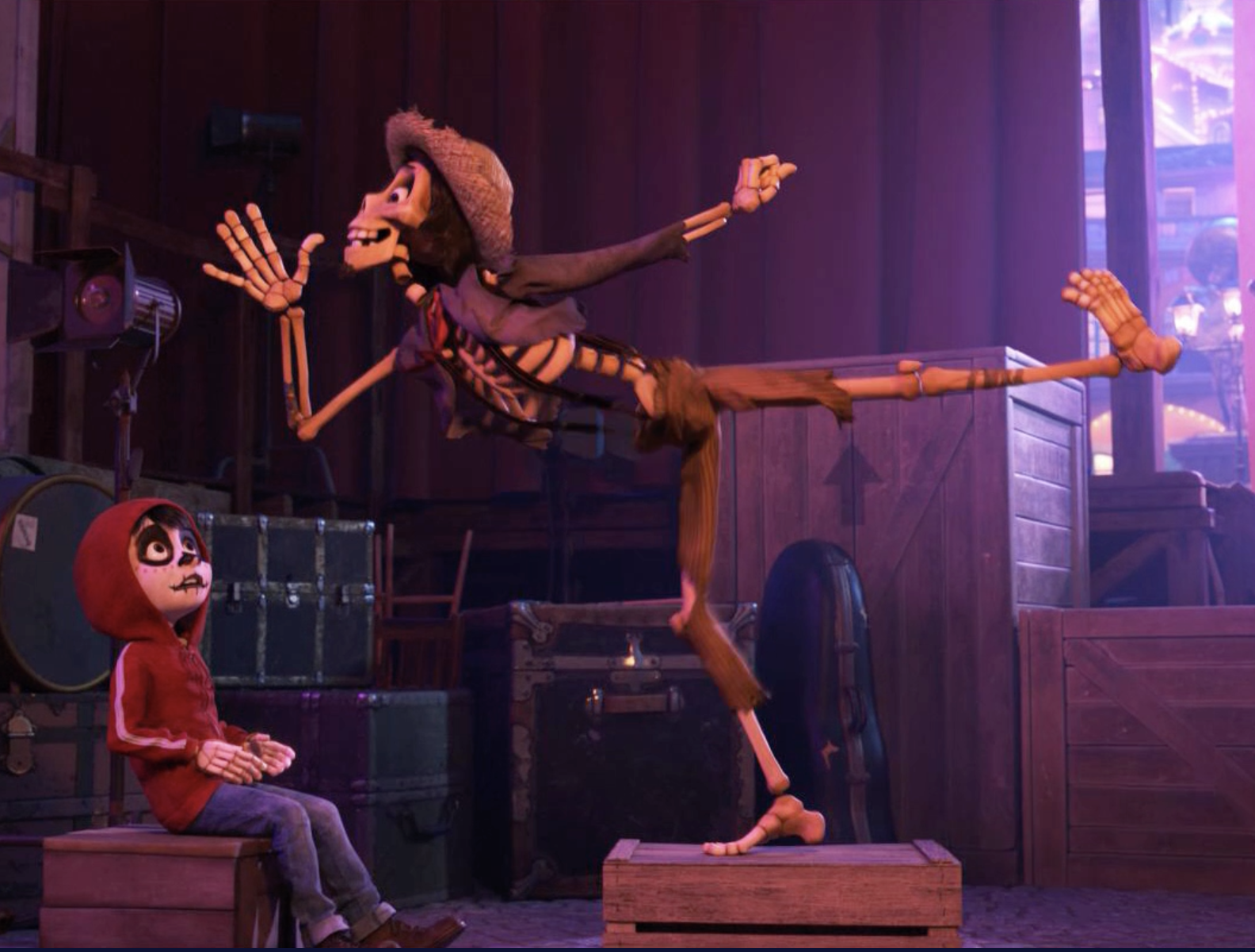
 |
 |
Better Collisions and Faster Cloth for Pixar's Coco David Eberle August 2018 Among the many technical challenges of Pixar's Coco was the need to handle cloth simulation for a densely populated city of skeleton characters. Skeletons posed new challenges to the collision algorithms of our in-house cloth system, Fizt. Continuous collision detection and response is an obvious solution to handling fast motion ... more Paper (PDF) |
 |
Clean Cloth Inputs: Removing Character Self-Intersections With Volume Simulation Audrey Wong, David Eberle, Theodore Kim August 2018 Simulation artists frequently work with characters that self-intersect. When these characters are sent as inputs to a cloth simulator, the results can often contain terrible artifacts that must be addressed by tediously sculpting either the input characters or the output cloth. In this talk, we apply volume simulation to character ... more Paper (PDF) |
 |
Dynamic Deformables: Implementation and Production Practicalities Theodore Kim, David Eberle July 2020 Simulating dynamic deformation has been an integral component of Pixar's storytelling since Boo's shirt in Monsters, Inc. (2001). Recently, several key transformations have been applied to Pixar's core simulator Fizt that improve its speed, robustness, and generality. Starting with Coco (2017), improved collision detection and response were incorporated into the ... more Paper (PDF) Video Additional materials: [code.zip] |
 |
Directing Cloth Draping through Blended UVs Juan Carlos Olmos Guerra, Fernando de Goes, Christine Waggoner, David Eberle Aug 2025 Paper (PDF) Additional materials: [video.mp4] SIGGRAPH Talks 2025 |